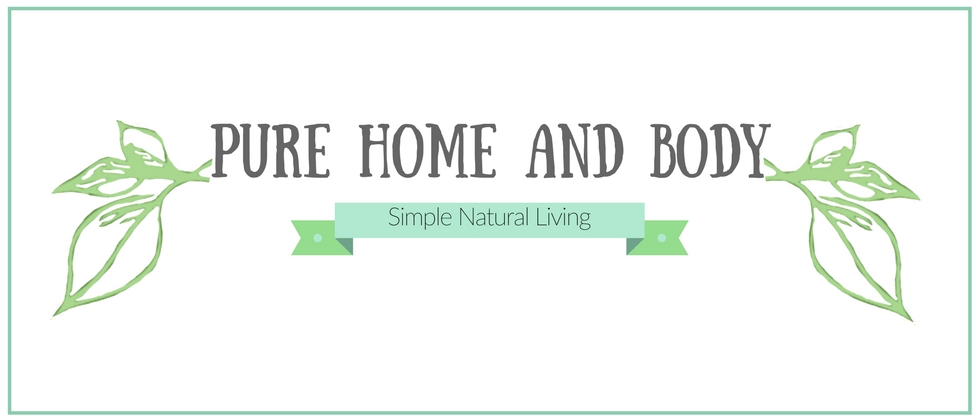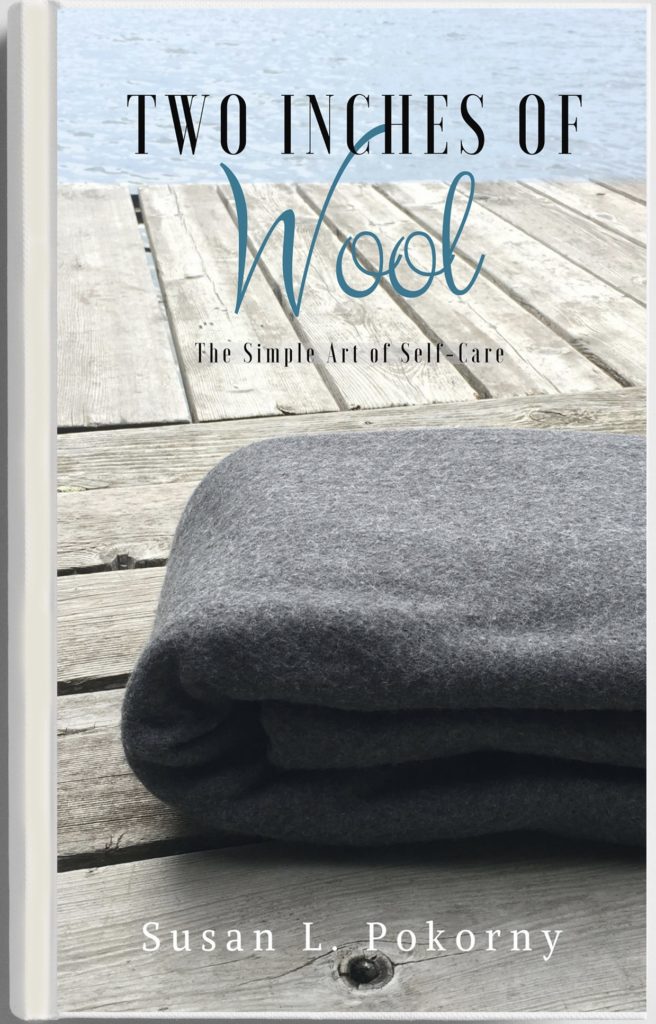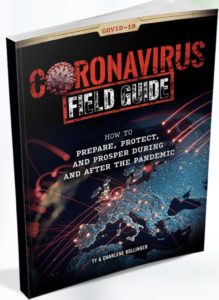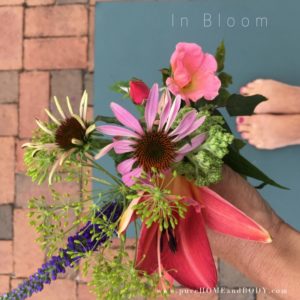
Photo credit: www.uas1.com/mold_assessment.php
Mold Likes Water , so it can grow quickly. Unfortunately, the human body doesn’t like mold. Traditional methods to kill mold with bleach are also harmful to the body.
The latest reports this morning indicated at least 8 inches of rainfall in Milwaukee last night. The amount of flood damaged homes is still unknown, and I am reminded of our previous home’s flooding years ago.
Back then I didn’t use a diffuser for essential oils, and used bleach (as I was told by many) to clean up the mold that followed. I know now that bleach is so harmful even aggravating asthma and the respiratory tract. It’s full impact on the environment is not fully known.
Gentle, Effective Solutions Essential oils can take care of the job effectively without harming the individuals using them. Whether you have a musty basement or fresh water damage, it’s never too late to start diffusing essential oils into your home to purify the air. There are many studies showing that mold and bacteria cannot stand up to the power of essential oils which are naturally anti-bacterial, anti-fungal and anti-microbial.
Mold Doesn’t Like Essential Oils Clove, cinnamon, peppermint and rosemary are some of the most powerful essential oils against mold and bacteria. One study from the Internet Journal of Microbiology found clove oil to be powerful against such bacteria as Staphylococcus and Aspergillus. Melaleuca, lavender, peppermint and thyme showed the strongest killing power against MRSA antibiotic resistant bacteria according to studies at the Western Infirmary, Glasgow, UK.
Mold spores are everywhere, and they multiply quickly when exposed to water. Keeping mold in check first starts with getting your home dried out and keeping it that way. For any flood damage, contact a professional first for clean up. Mold and mildew breed anywhere there is moisture, so it is important to have your home cleaned up quickly and properly. In the mean time,
Diffuse your essential oils to start killing the existing mold spores and keep them from growing to large numbers. If you have a damp basement or crawl space, run a dehumidifier in the moistest weather and clean up excess water as soon as possible, using fans to keep air circulated. Studies show when ventilating air it is more effective to blow air out of the house, rather than bringing outside air in.
Unchecked, mold growth can cause serious physical symptoms including nausea, rashes, bloody noses, diarrhea, headaches and more. If you suspect serious mold problems in your home, do not attempt to fix it yourself. There are many qualified mold experts trained in properly cleaning dangerous levels of bacteria.
Most Effective Essential Oils Against Mold The best oils to diffuse to prevent mold growth are blends. Synergistic blends of oils are more powerful than the individual oils. Cinnamon/Clove/Rosemary/Lemon, Orange/Cinnamon/Spruce, and Blends of Biblical Oils. Many of the Biblical Oils are powerful against mold as well in particular Cassia which is in the Cinnamon family. For the best effect, use a cold-air diffuser which does not heat the oils and destroy the anti-microbial properties. Completely avoid chemical air fresheners that are just masking mold and mildew odors. These are not killing bacteria and are filling your air with more harmful toxins in the form of chemicals.
Diffusing essential oils can be the start to cleaning up your air after water damage or in a damp area. But the most important goal is to correct the cause of water damage. If you have serious mold damage, make sure you have a professional mold remediation service take care of the clean-up. You can, however, use essential oils in addition to keep your air healthy and pure.
Mold Clean-up for small jobs If you need to clean up mold or mildew on contact, mix up a 1/2 gallon of water, 1/3 C vinegar and 10-15 drops of essential oils of your choice. Wipe on surfaces and allow it to sit for a minute before wiping off. Repeat as needed. If you have tough mold, mix up a 4 ounce spray bottle with 2 drops of castille soap (to emulsify the oils), 15 drops of essential oils (cinnamon, clove, tea tree, rosemary are good choices) and the remainder with alcohol (rubbing alcohol or a high proof Vodka). Shake gently, then spray on location and let this sit a minute, then wipe surface clean. Repeat if needed. Just remember that many essential oils are solvents, cinnamon and clove can be irritating to the skin when used in larger amounts so wear gloves and wipe thoroughly from your surface. Test a small area first to make sure surface doesn’t get damaged, although you’d be worse off having mold in your home! This method is much gentler on the respiratory tract and better for the environment. So whether you have a mold issue or not, essential oils are a great natural alternative to bleach when you need to disinfect areas of your home.
These statements have not been evaluated by the EPA or FDA and are not meant as a replacement for professional mold remediation.













Thank you Suep for your informative article on attacking mold and mildew with essential oil diffusion.
May I describe my situation and ask for your assistance in understanding more about mildew remediation using essential oils in diffusers?
My basement is an area that tends toward cool/damp.
I have a garden here and plants are contending with powdery white mildew that appears and spreads, if it can, to other plants.
It starts in small white patches on leaves and stems. Left unchecked, it spreads to other areas of the plant and will be carried on the wind (from an oscillating fan) to other plants in the garden.
I have used various organic sprays for the delicate plant surfaces (containing garlic oil and baking soda and other ingredients). These sprays do help but the mildew persists. They do not correct the source of the problem.
I run a dehumidifier, oscillating fan(s) and have a strong exhaust fan. This exhaust fan is very strong and has actually lowered relative humidity upstairs, which is very helpful. This exhaust fan pulls stale air from the garden area through ducting to outdoors, via a nearby chimney. The humidity levels (with an “Accurite” brand gauge) are around 48%-50%. Good levels, to be sure, for a basement.
So I’ve created a favorable environment (warm and dry) to not foster mildew (or mold) in the basement.
I. My Q: Would cold-air diffusion in the downstairs air eventually stop the creation of mildew?
II. If so, what individual oils (that I can mix myself) would correct the source of the mildew problem?
(Your article metions the Biblical oils such as cassia; isn’t this cinnamon? As a massage therapist, I have cinnamon in great supply, other oils as well.)
If essential oils can add extra oomph to protect the plants’ air quality against mildew, this would be a blessing.
I’d love to stop mildew before it can even start.
If you have ideas about this I’d gratefully listen.
Thank you,
Stephen Benton
I know this question was never answered by the company, but Powdery Mildew is Systemic, meaning you can eliminate it all you want from the surfaces, but it remains lurking in the cells of the vegetative material. You can use Potassium Bicarbonate, which won’t burn the leaves, for control. Baking Soda, Sodium Bicarb, will pump toxic SALT in the form of useless Sodium, into the plant, and lock out needed nutrients. Anyways, I know this is 3 years later, maybe it will answer that question for the next person.
“Anyways, I know this is 3 years later, maybe it will answer that question for the next person.”
Found your reply very informative and helpful. Thank you, Erica, for taking the time to explain why and not just giving a one or two word answer. 🙂
Hi – I have an older cat who decided that the basement was his litter box for a while. Desperate, I was at first mopping the basement with bleach to kill the smell until I found more natural solutions – which included blocking him from going downstairs ultimately. However, now I worry that I have left behind the toxicity of bleach in my home. Can you suggest a way I can de-bleach my basement?
Getting some ventilation is the first step, diffusing a blend of lemongrass, tea tree and rosemary would be helpful in combatting the bleach aroma. Good luck!
About using cold mist diffusers with essential oils: sounds good until I think that you will be raising humidity in the room! Isn’t that opposite of what is needed?
I will appreciate a response since I have four large rooms & 2 hallways with mildew to combat. Thanks in advance.
Daniela, the cold diffusers only utilize straight essential oils, nothing else, so additional humidity isn’t an issue. I also have a cold mist vaporizer/diffuser that I no longer use as we’re battling mold!